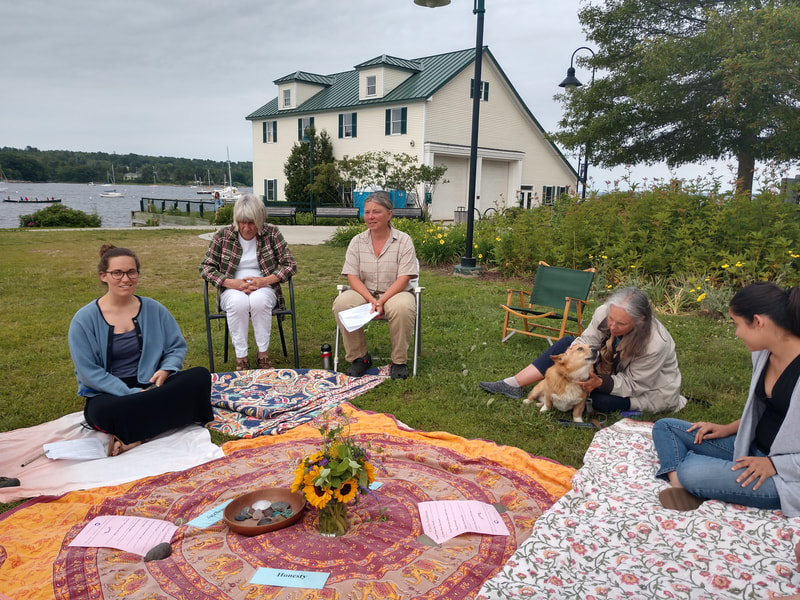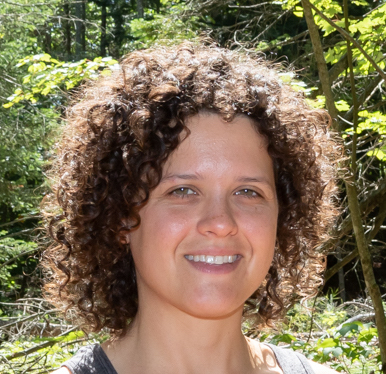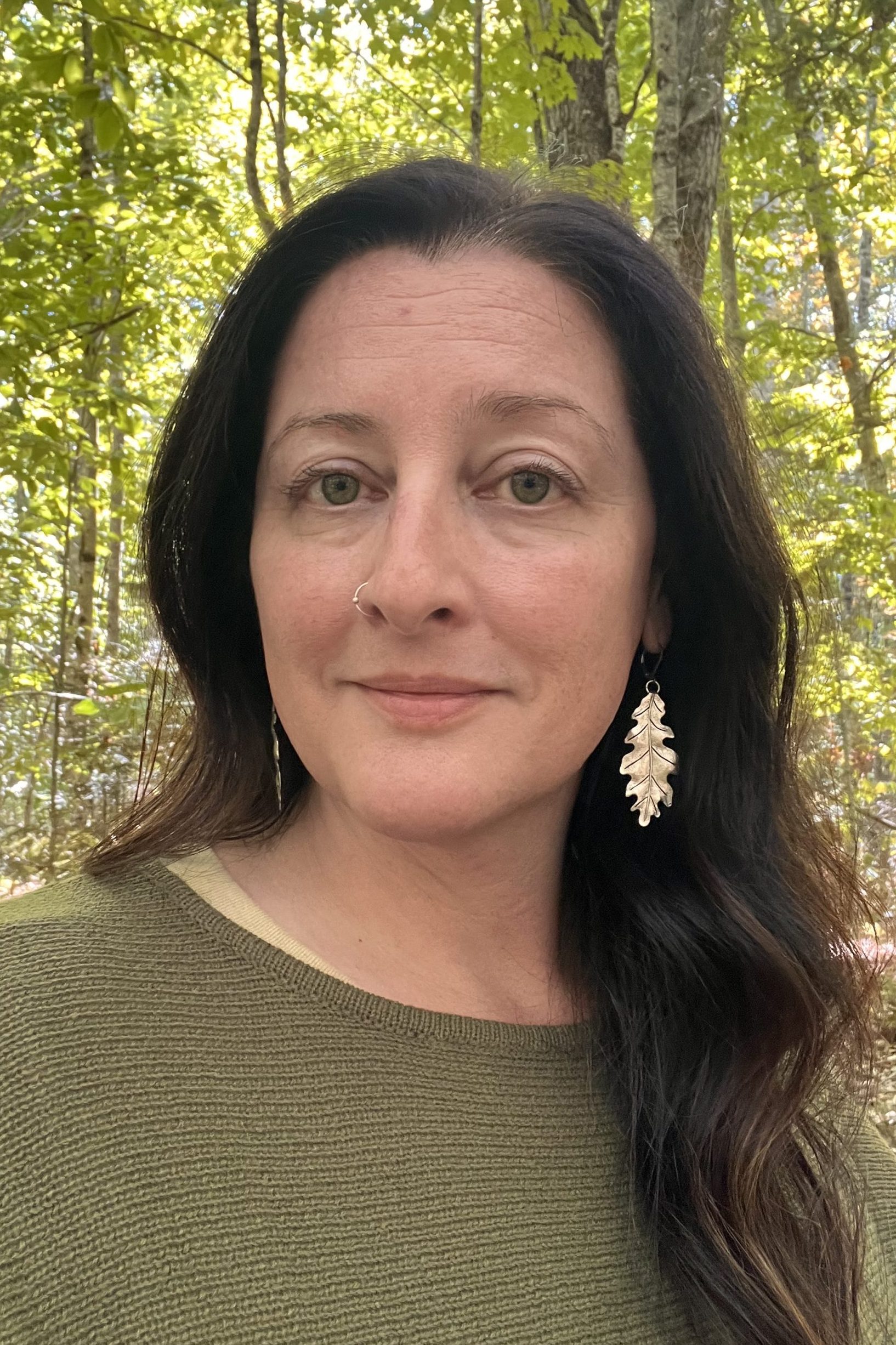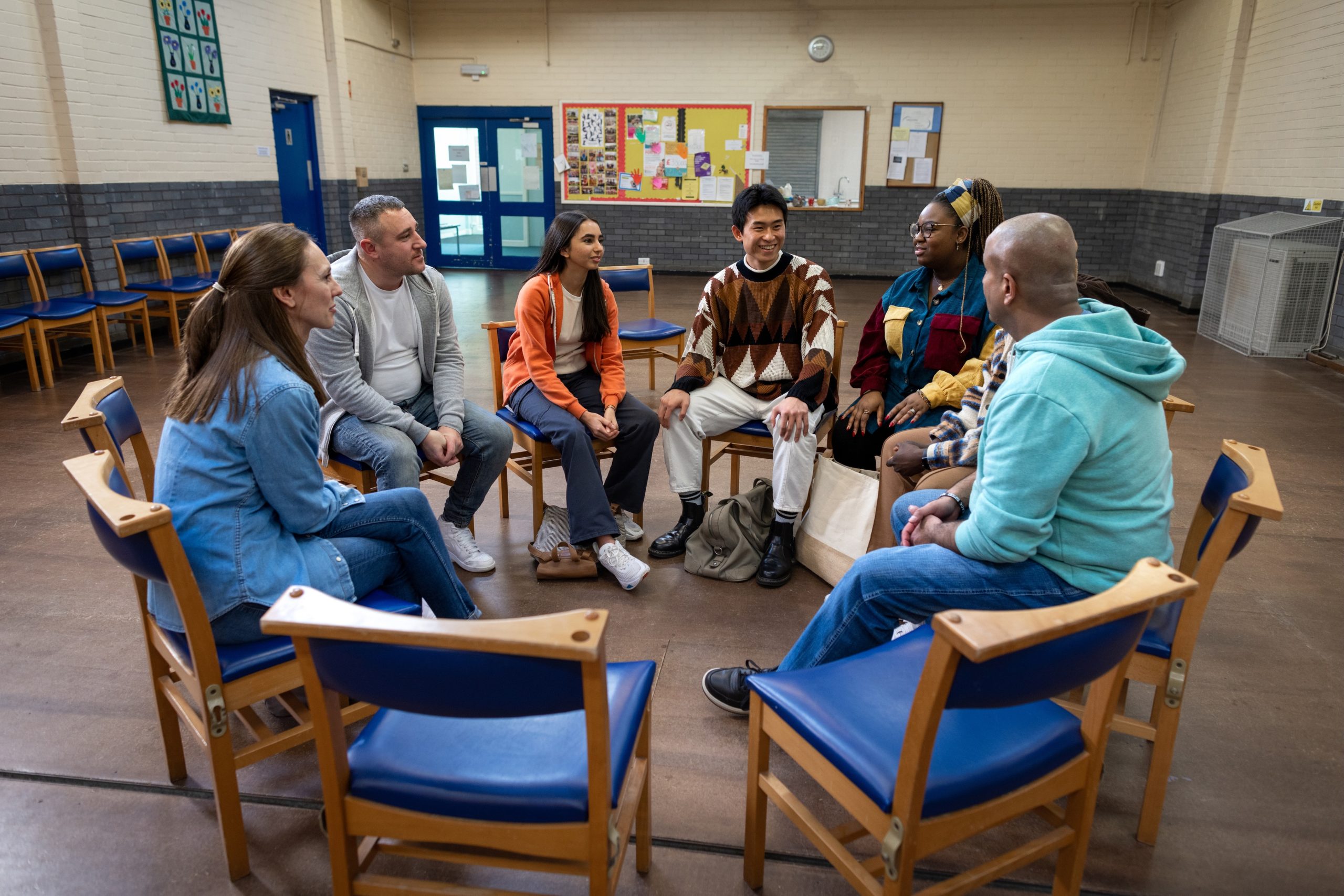
Foundations in Restorative Practices
If your employer is a compact member of the Harold Alfond Center for the Advancement of Maine’s Workforce, you may be eligible to take this program at a reduced cost. Visit our Harold Alfond Center Workforce Development Funding page for more information.
PROGRAM DESCRIPTION
Today’s best thinking in leadership, education, and change management emphasize the need to create spaces where people feel seen, heard, and part of a community that cares. Whether you are a teacher, parent, principal, health care provider or authority figure, you can benefit from restorative practices. Over the course of this program, you’ll be part of a supportive learning group on a fulfilling journey of growth and change.
Through discussions, exercises and other practical activities you’ll deepen your knowledge of the philosophy behind restorative practices. You’ll also gain techniques to build strong, connected cultures. When conflict occurs you’ll have non-adversarial problem-solving tools to reach solutions that build safer, healthier, more equitable environments.
Practice new ways of relating to people and holding power. Instead of experiencing resistance and avoidance or having to rely on lecturing, scolding and threatening interventions, the systematic use of restorative practices will leave you and the people you interact with feeling connected to positive, resilient and accountable communities.
Learn firsthand from people and organizations already using restorative practices in their everyday life and work. Hear from teachers and other professionals who are using restorative practices to transform their organizations and outcomes.
A social science that studies how to improve and repair relationships between people and communities, restorative practices can help build healthy communities, increase social capital, decrease crime and antisocial behavior, repair harm and restore relationships.
Restorative practices have deep roots in indigenous peacemaking and knowledge. Global indigenous communities have a long-standing history of living in alignment with what we now refer to as restorative justice and restorative practices. The indigenous roots of these systems are not monolithic—indigenous communities practice circles and justice in different ways. Part of honoring this work means we must stay humble, knowing that these practices came before us and will outlast us.
PROGRAM BENEFITS
Participants will:
- Acquire a strong theoretical foundation in restorative practices that have been proven to enhance both personal and professional spheres
- Develop the skills necessary to facilitate proactively
- Become acquainted with restorative responses to harm (though a deep dive into these responsive practices is outside the scope of this training)
- Have access to planning tools and resources tailored to your specific needs
- Gain techniques to build strong, connected cultures
- Learn problem-solving tools to reach solutions that build safer, healthier and more equitable environments
- Practice new ways of relating to people, and organizations
- Improve decision-making and leadership skills.
- Gain access to future support and development opportunities to become an in-house resource for restorative practices
Participants will also benefit from building connections with other professionals who are committed to living the values and principles of restorative practices.
TOPICS COVERED
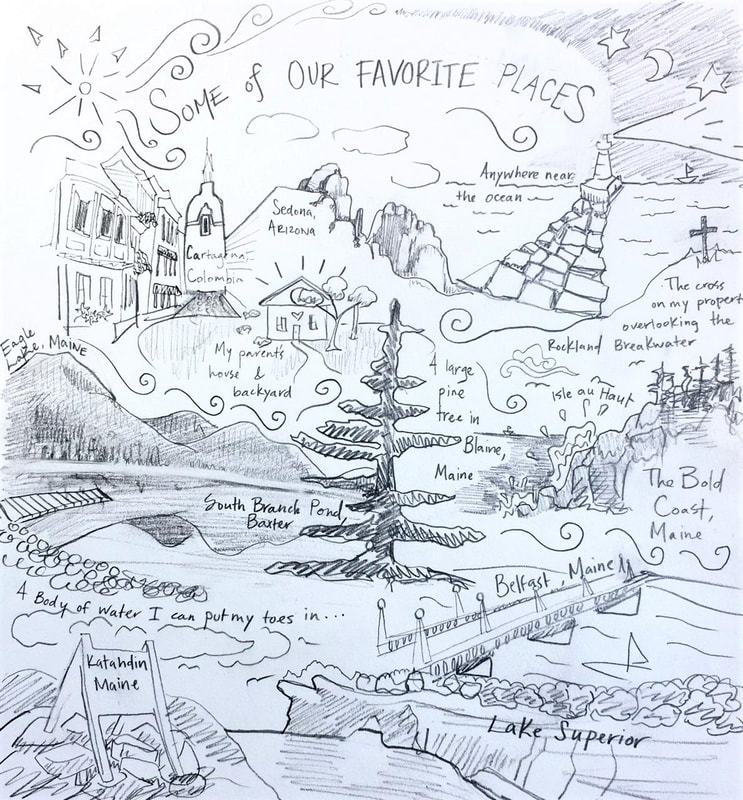
The first several sessions outline the basics of restorative practice, including philosophy and mindset.
Then, we’ll focus in on the tools and practices that support pro-active community building, such as community building circles.
The latter part of the series will contain an overview of restorative responses to harm, including the use of restorative dialogue and harm repair circles.
The final sessions will give participants an opportunity to envision what it would look like to implement restorative practices in their own contexts, with feedback and support from instructors and peers.
WHO SHOULD ENROLL
Participants from a variety of fields will benefit from this dynamic program, including
- Teachers, educators, administrators of primary, secondary and post-secondary schools
- Social workers and family services workers
- Corrections, criminal justice and policing
- Nonprofit organizations
- Healthcare workers
- Community development workers
This program uses a team-based model. To benefit the most from the efforts of your restorative practice, participating groups should form teams including at least three to five people from your business/community group/organization/school. At least one team member should be an administrator and your team should be representative of your school or organization’s diverse community. Those not associated with an institution will be partnered with other individuals for team-based work.
Not sure if this program is right for you? Contact us at um.continuinged@maine.edu or 207.581.3167 and we can help you figure it out.
Program Details
FACILITATORs
Restorative Justice Project
Hanlon Kelley-Dillard has been practicing in the field of Restorative Justice since 2013. She has worked in Harm Repair case management for both youth and adults, led RJP’s Community Justice work in Waldo County, and has trained numerous cohorts of volunteers, school staff, and community members. She loves creating training spaces that allow us to show up as our full selves and to explore together what it looks like to bring mutual respect and care into all our relationships. A firm believer in the power of the restorative approach, Hanlon finds that this approach can bring new beauty and depth to every aspect of life.
Tracey Daniels-Kenney has been working within the Restorative realm for a little over a decade. She has worked in facilitation, coordination, negotiations, directorship and now brings her skill set to training and teaching. As a human who deeply connects to others, studying human behavior and assessing their various needs has been a lifelong passion. She believes that all people need to feel seen, heard and cared for in order to build a sustainable, safe and equitable society. Tracey has found immense passion in training others in Restorative Practices.
Program DATES & TIMES
MODALITY
Taught synchronously via Zoom. Participants will need access to stable internet.
PROGRAM FEE
$1,075
Maine Community Foundation Scholarship Resources
CLASS CAPACITY
25 participants per session.
CONTINUING EDUCATION CREDITS
42 hours / 4.2 CEUs are available.
If you’d like to receive CEUs for participating in this course, please note this in your registration via our online store.
COACHING SUPPORT
For guaranteed transference of skills, ask about Restorative Justice Practices’ proven 1:1 coaching methods to support your training after the program itself has finished. For more information, contact Hanlon Kelley-Dillard- hanlon@rjpmaine.org.
ACCOMMODATIONS
For more information or to request an accommodation contact um.continuinged@maine.edu, 207.581.3167.


